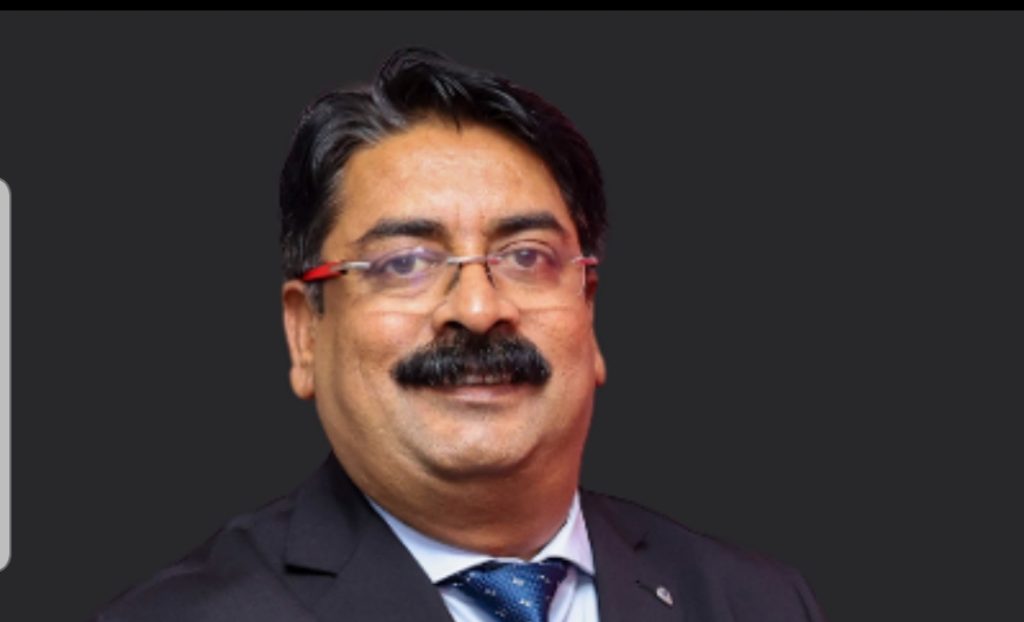
Airtel Nigeria CEO Advocates for Tariff Hike to Sustain Telecom Sector Amid Rising Costs
Dinesh Balsingh, Chief Executive Officer of Airtel Nigeria, has called for the urgent approval of the proposed 100% tariff hike to safeguard the future of Nigeria’s telecommunications sector. The proposal, submitted by telecom operators to the Nigerian Communications Commission (NCC), seeks adjustments to voice, data, and digital service tariffs, citing soaring operational costs and the need to sustain critical infrastructure.
Why a Tariff Hike is Necessary
Balsingh highlighted that the telecom sector’s operating costs have surged by over 300% in the past 18-24 months, driven by inflation, currency devaluation, and skyrocketing prices of essential materials like fuel and fiber cables. Despite these challenges, telecom tariffs have remained unchanged for more than a decade, straining the industry’s ability to provide reliable and quality services.
“For over 10 years, tariffs have stayed stagnant, while operational expenses have skyrocketed,” Balsingh explained. “To continue delivering quality connectivity and expanding digital inclusion, pricing adjustments are now critical to align with economic realities.”
The Sector’s Role in Nigeria’s Digital Transformation
Balsingh emphasized that the proposed tariff increase is not about maximizing profits but ensuring the telecom sector can sustain its pivotal role in Nigeria’s digital transformation. Investments in network expansion, infrastructure upgrades, and advanced technologies are essential to meet the growing demand for digital services in sectors like education, healthcare, and banking.
“The rising demand for digital connectivity necessitates ongoing investment in network upgrades and infrastructure. However, these investments come at a significant cost, which must be reflected in the tariff structure,” he stated.
Benefits of the Tariff Adjustment
If approved, the tariff hike will allow telecom operators to:
- Expand network coverage to underserved areas, ensuring greater inclusivity.
- Introduce advanced technologies to improve service quality and reliability.
- Strengthen security and resilience of telecom infrastructure amid escalating cyber threats.
“Airtel remains committed to supporting Nigeria’s ambition of becoming Africa’s digital economy leader,” Balsingh reassured. “While the tariff increase is necessary, we are mindful of consumers’ financial realities and will implement changes gradually to minimize the impact.”
Industry-Wide Consensus on Sustainability
Echoing Balsingh’s concerns, Karl Toriola, CEO of MTN Nigeria, stressed the importance of the telecom sector’s sustainability for Nigeria’s broader economic growth. Toriola pointed to rising diesel costs (from N200-N300 per litre to over N1,000) and the naira’s devaluation (from N450/$ to N1,550/$) as key drivers of operational cost increases.
“Without a sustainable telecom sector, the Nigerian economy and public welfare are at significant risk,” Toriola explained. “Our focus is on ensuring the sector’s long-term viability, not short-term profitability.”
The First Major Tariff Hike in Over a Decade
CSR Reporters notes that this proposed adjustment represents the first significant tariff review in over 10 years. As the telecom sector faces unprecedented economic challenges, operators are urging regulators to act swiftly to approve the changes.
By addressing these pressing financial realities, telecom operators can continue to deliver quality services, expand digital infrastructure, and drive Nigeria’s transition into a robust digital economy.
[give_form id="20698"]

